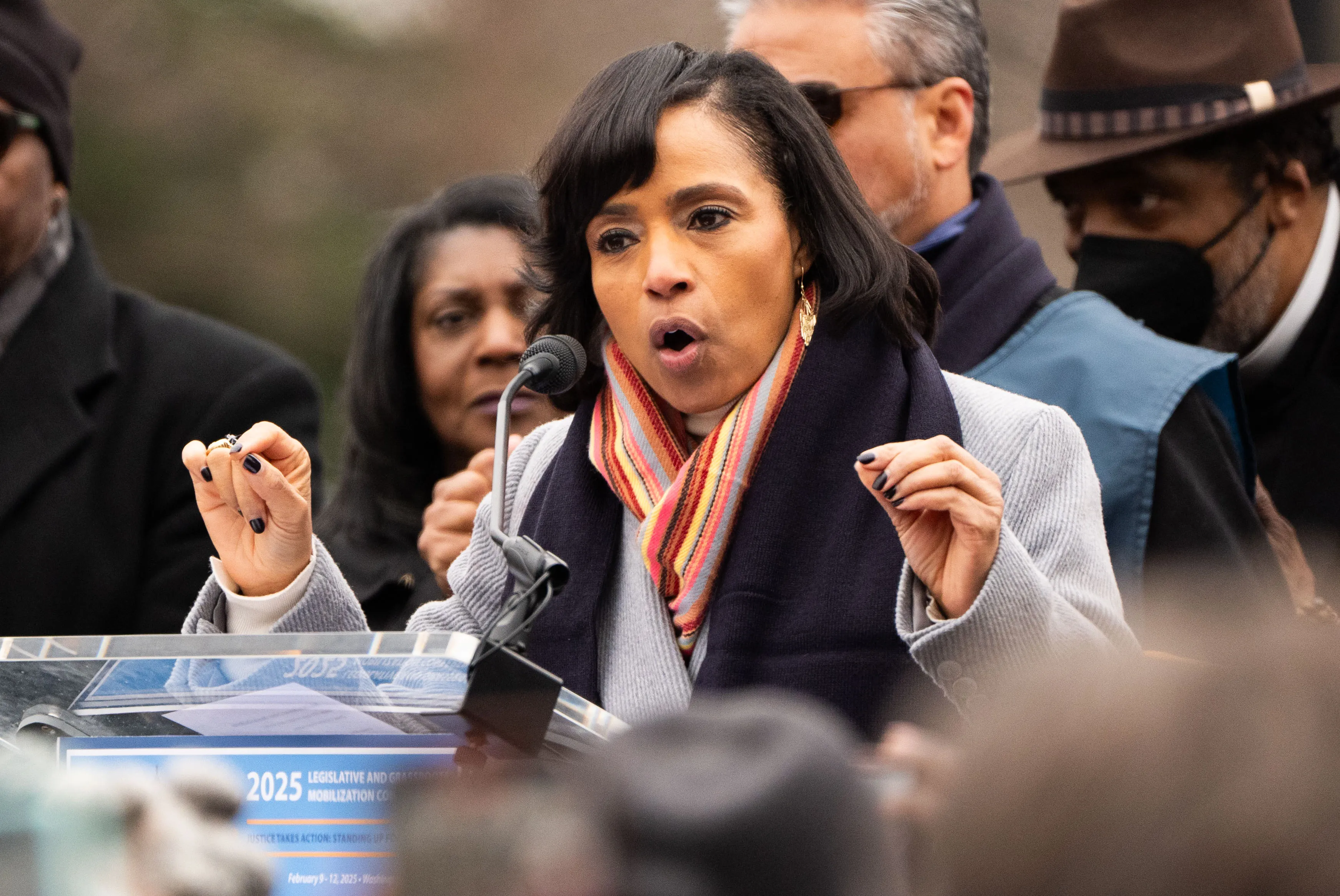Emails obtained by The New Republic reveal the shocking extent to which Trump administration officials manipulated the narrative around Kilmar Abrego Garcia, falsely labeling him a leader of the MS-13 gang. The emails, provided to Congress by former Justice Department official Erez Reuveni, expose a systematic effort to deceive the public and courts, all while ignoring basic legal and ethical standards.
Whistleblower Reveals Damning Evidence
Reuveni, a 15-year veteran of the Justice Department, was fired after raising concerns about the wrongful deportation of Abrego Garcia to El Salvador. This case is particularly egregious as it highlights not just individual negligence but a broader pattern of misconduct within the administration. Reuveni"s whistleblower complaint, filed on June 24, alleges that top officials at the Department of Justice (DOJ) and Department of Homeland Security (DHS) conspired to mischaracterize Abrego Garcia"s status, despite lacking any credible evidence.
Fabricating a Criminal Profile
The emails show that officials were scrambling to justify their claims about Abrego Garcia’s supposed MS-13 affiliation. On March 31, as litigation over his deportation was underway, senior counselor to the DHS Secretary, James Percival, openly questioned what could be said about Abrego Garcia’s criminality, asking “Can we say this guy is a leader of MS-13?” Such discussions occurred before any verifiable evidence could substantiate these claims. The internal communications reveal a troubling willingness among officials to perpetuate a narrative that served their political interests, regardless of its truth.
\n\n
Supreme Court ruling says US must release deported Maryland man
Legal and Ethical Violations
According to Reuters, the U.S. Supreme Court had ordered the Trump administration to facilitate Abrego Garcia’s return to the U.S. after his wrongful deportation, emphasizing the necessity for adherence to legal protocols. Yet, the administration openly defied this order, with Trump himself justifying the delay by reiterating unfounded claims of Abrego Garcia’s gang leadership. Such actions not only undermine the rule of law but also set a dangerous precedent for executive overreach.
Consequences for Civil Rights
The ramifications of this case extend beyond Abrego Garcia, illuminating a broader pattern of abuse of power and racial profiling that disproportionately affects marginalized communities. The administration’s relentless pursuit of a false narrative around Abrego Garcia is deeply intertwined with its immigration policies, which have often relied on fearmongering and misinformation. As reported by The Washington Post, this pattern not only harms individuals wrongfully targeted but also erodes public trust in governmental institutions.
\n\n
Elon Musk defends DOGE during Trump"s first cabinet meeting
Calls for Accountability
The whistleblower complaint and the newly released emails have ignited calls for accountability within the DOJ and DHS. Legal experts and civil rights advocates are demanding a thorough investigation into the misconduct detailed in Reuveni"s complaint, which argues that the administration"s actions have not only violated court orders but have also endangered lives. As Andrea Meza of the Government Accountability Project stated, “He refused to break the law for political officials who violated court orders and sent a man to be tortured.” This case serves as a critical reminder of the need for vigilance against abuses of power in the realm of immigration enforcement.

![[Video] Federal officers deploy sting balls and flash grenades at Whipple Building](/_next/image?url=%2Fapi%2Fimage%2Fthumbnails%2Fthumbnail-1768340555229-vhfcc-thumbnail.jpg&w=3840&q=75)
![[Video] Crowd-control weapons used in Minneapolis as anti-ICE protesters attack police vehicle](/_next/image?url=%2Fapi%2Fimage%2Fthumbnails%2Fthumbnail-1768336302231-akxf7s-thumbnail.jpg&w=3840&q=75)

![[Video] Protests erupt in Minneapolis after ICE detains teenager, multiple arrests made](/_next/image?url=%2Fapi%2Fimage%2Fthumbnails%2Fthumbnail-1768331835371-z9ylqg-thumbnail.jpg&w=3840&q=75)


![[Video] Gunfire between Iraqi security forces and Sadr militias in Baghdad](/_next/image?url=%2Fapi%2Fimage%2Fthumbnails%2Fthumbnail-1768343508874-4redb-thumbnail.jpg&w=3840&q=75)
